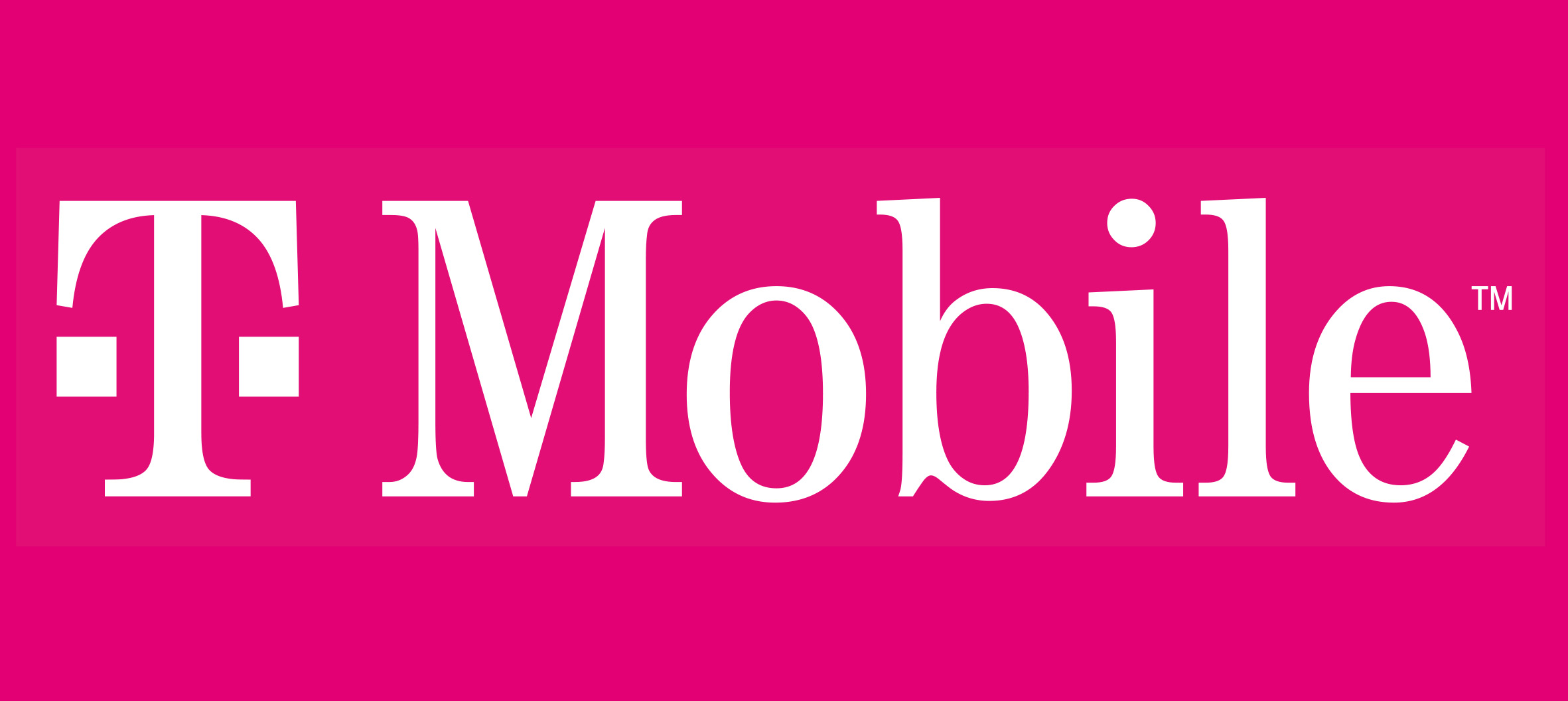We Can — and Should — Talk about Mental Health
The conversation around mental health is happening at major corporations, federal institutions and beyond, helping Americans feel more comfortable about seeking help when they need it.

By Jon Freier, EVP of Consumer Markets for T-Mobile
For too long, the topic of mental health has been cloaked in shame and silence. As someone who’s experienced firsthand the damage done by depression and suicide in his own family, I’m actively working to open up the conversation.
It starts with the Consumer Markets organization I oversee: more than 100,000 frontline employees representing T-Mobile’s most diverse ethnic and gender makeup, serving all types of communities across the country. As their leader, I take their health, safety and wellbeing as my personal responsibility.
The members of my team experience their own challenges and carry their own burdens. This is especially true amid the disruption caused by the unexpected, unprecedented events happening in the world right now. These are historically challenging times, and the struggle to maintain mental wellbeing is not easy. I believe the more we talk about our struggles, the more we lighten our burdens.
Given how much time and energy Americans spend in the working world (virtual or otherwise), it’s important to address mental health in the workplace. My goal is to create a safe space across T-Mobile, where employees, managers and leaders can easily find the help they need to better support their families, friends and colleagues every day — and in the process take care of themselves.
The dangers of ignoring mental health are real. According to the National Institute of Mental health, America’s suicide rate has increased by 31% since 2001. Suicide is the second leading cause of death among ages 10-34 in the U.S. and the 10th-leading cause of death in general in the U.S., claiming over 45,000 lives each year. Like many mental health conditions, depression and suicidal thoughts can affect anyone regardless of age, gender or background.
But I’m saddened to say they’re particularly prevalent among our most vulnerable populations. LGBTQIA+ youth are three times more likely to attempt suicide than other young people. Veterans are one and a half times more likely to die by suicide than Americans who never served in the military, and for female veterans, the risk factor is 2.2 times more likely. In recent years, self-reported suicide attempts by Black teens increased by 73%. Black children younger than 13 are twice as likely to die by suicide than white children.
Just typing those words breaks my heart. We’re talking about more than statistics. We’re talking about human beings who need help.
Thankfully, as a society, mental health is no longer a taboo topic. And that goes for the workplace — we understand that people can’t just turn their emotions on or off when they show up to work. As a leader, I recognize that my responsibility is to open the dialogue and listen.
To that end, I host regular virtual Town Halls with my 5,000-plus managers to ensure this open-eared approach cascades to every corner of my team. I want to make it as easy as possible for my people to be proactive when they need extra support. T-Mobile also offers a wellbeing program called LiveMagenta, available to all employees and their families 24/7. LiveMagenta is a hub for confidentially accessing mental health resources, whether that’s a life coach, mental health provider or crisis counselor.
We at T-Mobile are not alone in our concern for greater mental health awareness. In fact, just a few weeks ago the Federal Communications Commission approved the 988 National Suicide Prevention Hotline, a three-digit phone number that anyone in crisis can dial to connect with suicide prevention specialists and mental health counselors. Rolling out over the next two years, 988 is a critical step for our nation. T-Mobile is joining the FCC on this initiative because we know a single phone call can be the difference between life and death.
Experts estimate that replacing the current 10-digit number with a three-digit number will result in millions more Americans reaching out for help. It also reduces the stigma associated with seeking assistance from suicide prevention and mental health services. T-Mobile is proud to partner with the FCC to provide this essential new tool that will ultimately save lives. We applaud Chairman Ajit Pai and the entire FCC for its leadership on this matter.
T-Mobile’s partnership with the FCC on the 988 hotline is just our latest initiative to support mental health at the federal level. Last November, T-Mobile signed the Department of Veterans Affairs’ “Pledge to Prioritize Mental Health and Emotional Wellbeing in the Workplace.” With this pledge, we committed to providing our employees — veterans and civilians alike — with the services and resources they need to stay mentally fit.
As T-Mobile has opened the conversation around mental health in the workplace and beyond, the results have been incredible. Once I made myself more accessible to my team, people got in touch to share their stories and their gratitude. It should come as no surprise that T-Mobile employs folks who have considered taking their own lives. If I or any of my staff have provided relief to even one of them, then we’re doing our job as colleagues and human beings.
The more we listen and learn, the better we can support our peers and our employees, and the more we improve our personal wellbeing. Because when it comes to mental health, we can always do better — and we’re just getting started.

